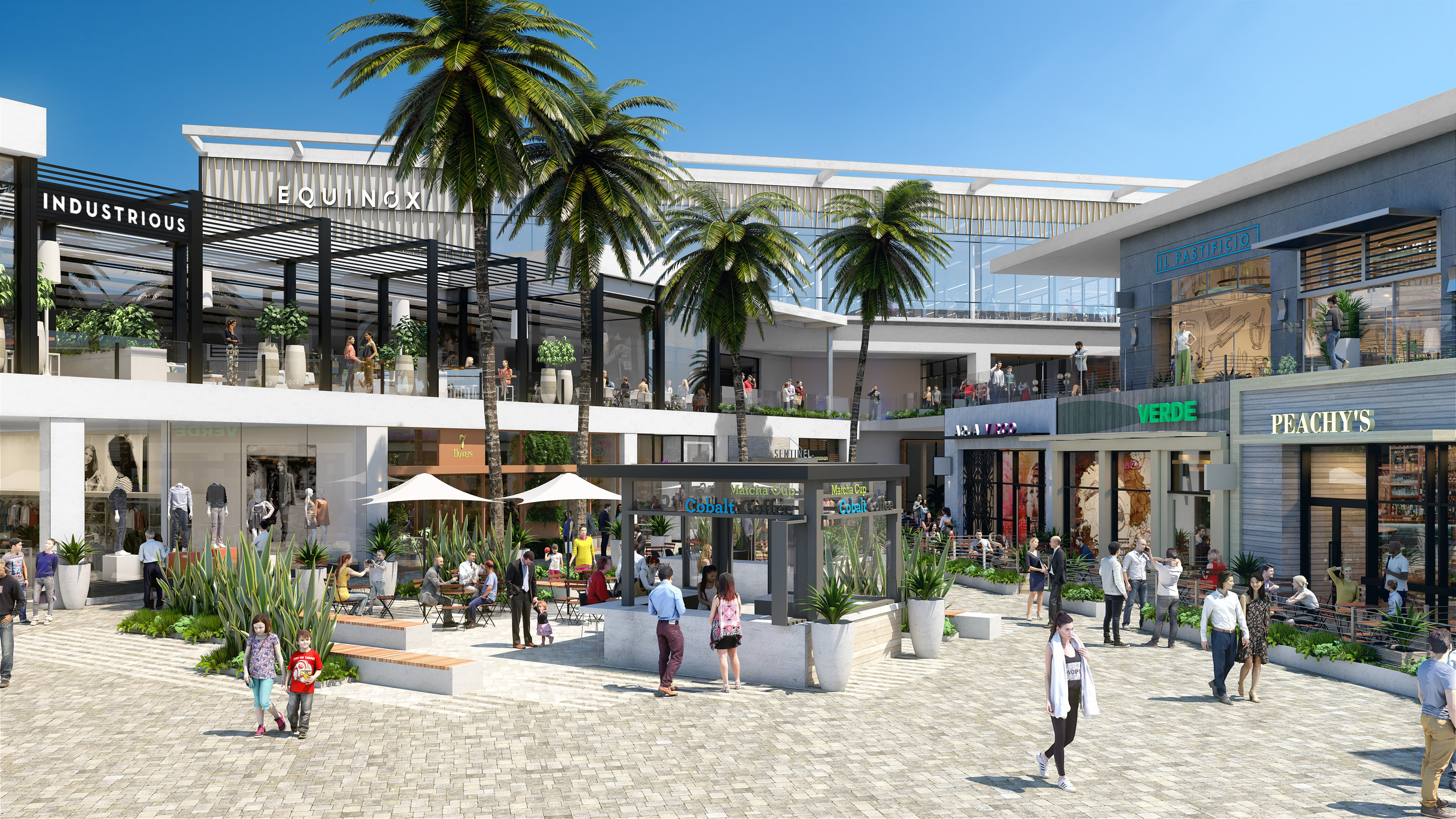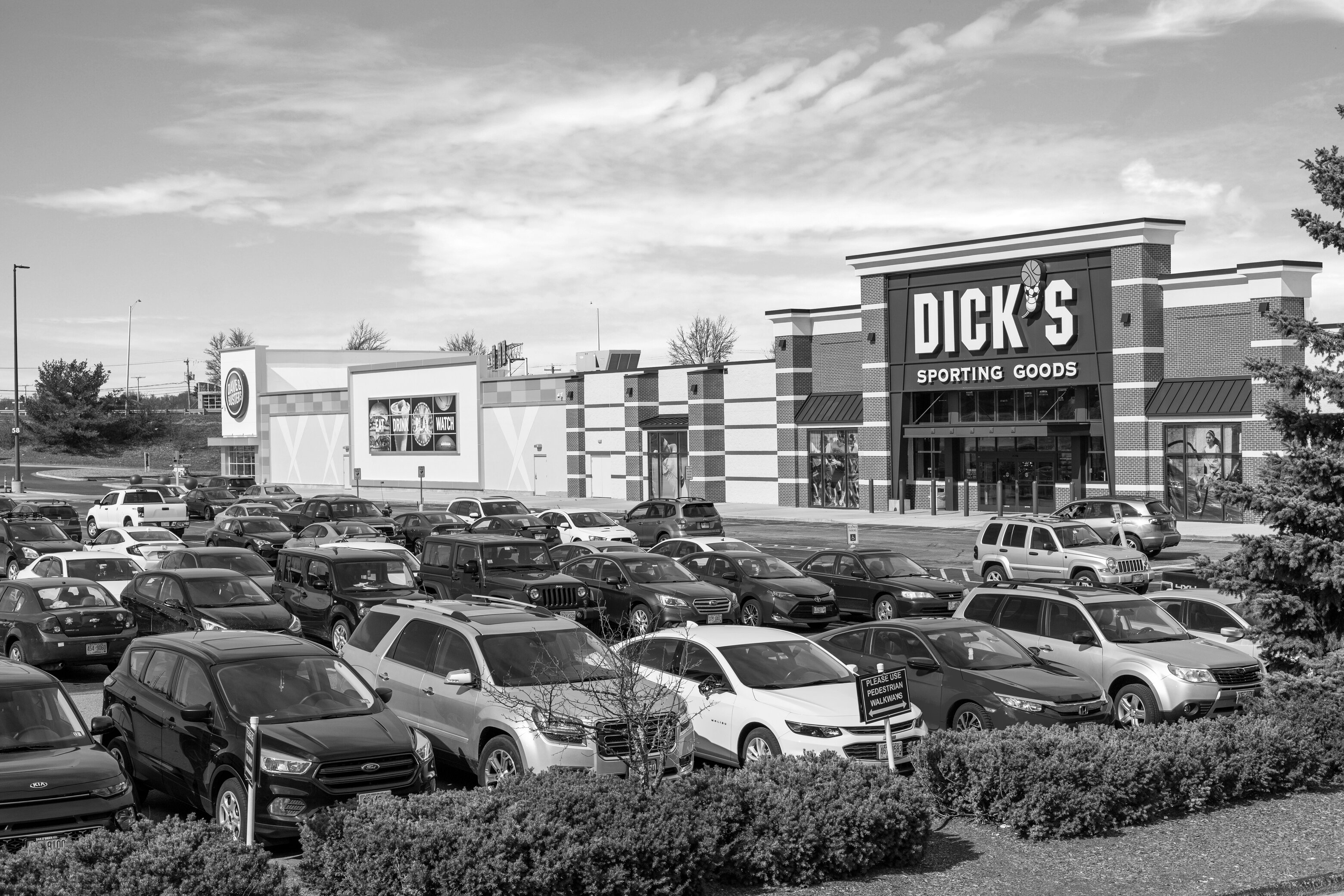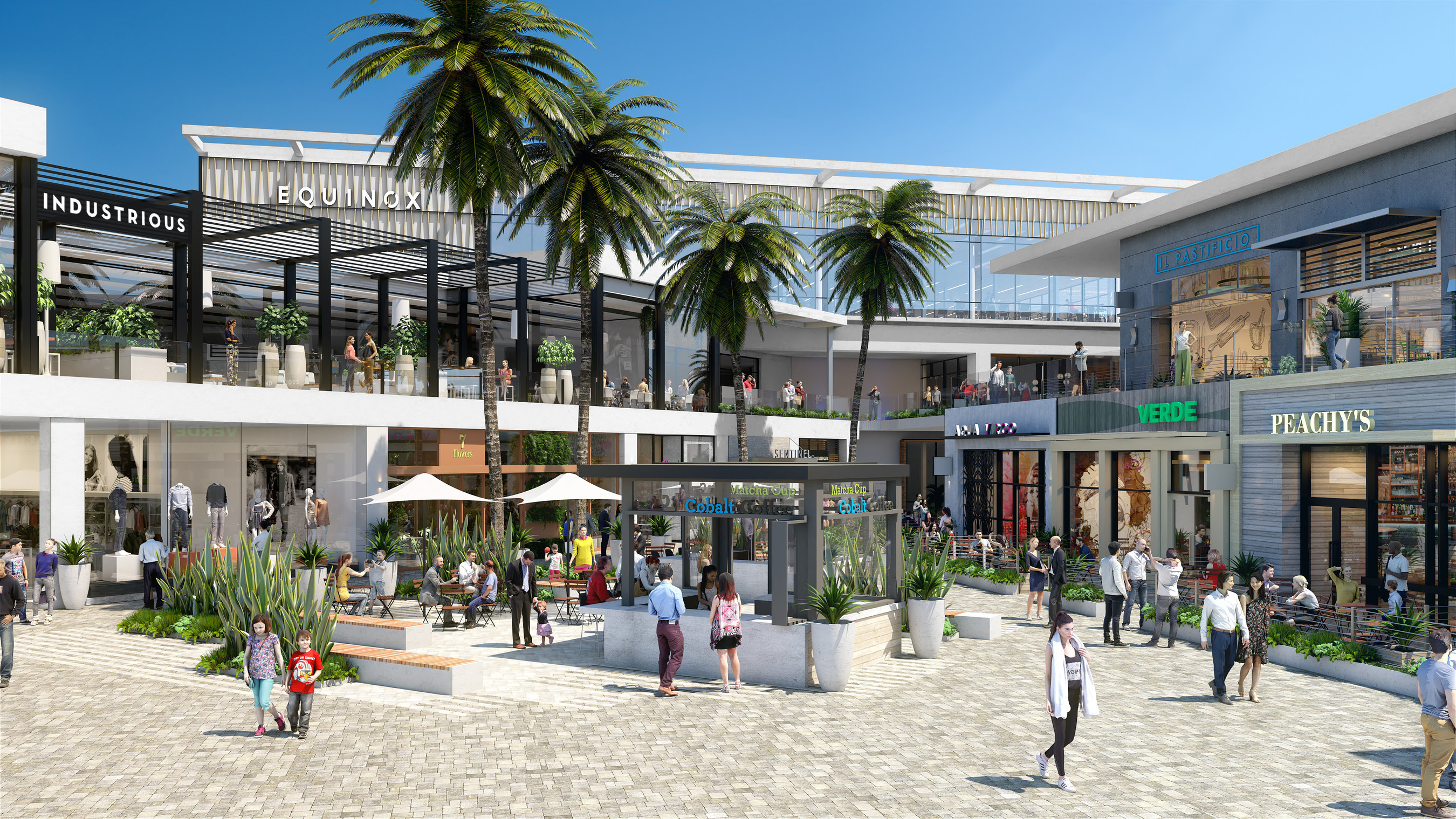Lots of retail real estate owners were hit hard by Sears Holdings' spiral into bankruptcy and the associated surge of store closures over the past few years. However, Seritage Growth Properties (SRG +3.38%) was uniquely affected. Its history as a Sears Holdings spinoff meant that Sears and Kmart stores accounted for the vast majority of its rental income until recently.
As of the end of 2016, Sears and Kmart still accounted for $148 million of annual base rent at Seritage. That figure now stands at just $20 million. This loss of rent caused adjusted funds from operations (FFO) to fall into negative territory in late 2018 and forced the company to suspend its dividend earlier this year. However, Seritage's third-quarter results show that its efforts to redevelop former Sears and Kmart stores for new tenants are about to start paying off in a big way.
The typical earnings numbers are bad, as usual
Ever since Kmart and Sears began closing stores at a rapid pace, FFO and other earnings metrics have been in free-fall at Seritage Growth Properties. That didn't change last quarter. Total net operating income (NOI) fell to $14.7 million from $35.7 million a year earlier. Adjusted FFO deteriorated to a loss of $0.14 per share, compared with a loss of $0.01 per share in the prior-year period.
That said, on both a sequential basis and on a year-over-year basis, the pace of earnings decline is slowing rapidly. Moreover, annual base in-place rent increased significantly on a sequential basis for the first time in years. In-place rent had plummeted from more than $190 million at the end of 2016 to just $100.1 million by the end of Q2 2019 but rose 5.1% sequentially to $105.2 million last quarter.
Lease signings and construction are both proceeding rapidly
In-place rent is on track to keep growing at a rapid pace over the next couple of years, driving FFO into positive territory. First, leasing activity continues at a robust pace. Last quarter, Seritage signed new leases totaling $13.2 million of annual base rent, including $11.8 million from retail space. That allowed Seritage to increase its book of signed-but-not-opened (SNO) leases that will begin paying rent in the future to $89.4 million from $85.7 million a quarter earlier, even as a growing number of SNO leases are moving to rent-paying status.

Seritage is making steady progress in signing up tenants for its properties. Image source: Seritage Growth Properties.
On a year-to-date basis, Seritage's leasing activity has totaled $36.2 million of annual base rent. That puts it on pace for a new annual record after signing about $45 million of new leases in each of the past two years.
Meanwhile, many of Seritage's redevelopment projects are nearing completion. Among its major projects requiring more than $20 million of investment, only five are considered complete or substantially complete so far. However, another five have been turned over to tenants recently and nine more will be turned over to tenants by the middle of next year.
This sets the stage for Seritage to bring the majority of its SNO leases on-line over the next 12 months. Considering that the pool of SNO leases represents $89.4 million of annual base rent, whereas Sears and Kmart now account for just $19.8 million of annual base rent, it's clear that Seritage is poised for a return to FFO growth regardless of what happens to Sears.
Liquidity is in good shape for now
Right now, liquidity probably represents Seritage's biggest medium-term challenge. The REIT is seeing plenty of demand for space at its properties, as evidenced by its strong leasing results, but redeveloping department stores for smaller tenants -- let alone for more ambitious mixed-use projects -- is expensive. Redevelopment spending has caused Seritage's cash balance to fall from $533 million at the beginning of 2019 to $232 million at the end of last quarter, even though Seritage has completed $84.3 million of asset sales this year.
Based on Seritage's recent spending pace, its current cash pile would only last for about two quarters. Fortunately, the REIT is set to unlock plenty of additional capital in the near future. For example, it is under contract to sell 10 properties -- typically vacant smaller-market assets that were not high on its priority list for redevelopment -- for a total of $51 million. Additionally, it recently agreed to sell 23 outparcels to Four Corners Property Trust for $67.9 million.
Most importantly, Seritage will be eligible to increase the size of its term loan by $400 million once it surpasses $200 million of annual base rent (including SNO leases). It is on pace to hit that milestone by year-end. Including all of these liquidity sources, Seritage has (or will soon have) access to about $751 million of cash.
That's more or less exactly what Seritage needs to cover its currently active redevelopment projects. (Management estimates the remaining spending at between $695 million and $775 million.) However, some of that money isn't slated to be spent until 2021. By then, Seritage will be solidly profitable, which should help it line up additional financing. There's still a lot of work to be done, but Seritage Growth Properties is well positioned for a rapid earnings recovery starting at the beginning of next year.






